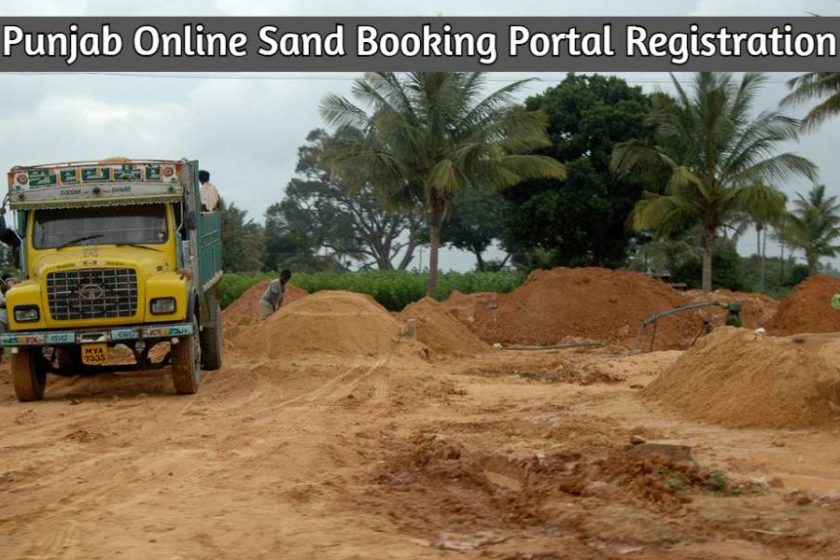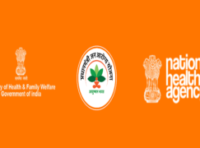In order to tackle several issues at once, governments need to deploy something broader than merely focusing on one issue at a time. Usually, governments are held for a specific period of time, and there happens to be no time to take matters one at a time. This one-cure-treats-all strategy has proven to be useful time and again, and while it may not entirely drive away poverty, malnutrition or caste inequality at once, it will at least push efforts in a progressive direction.
The Madhya Pradesh government has launched a similar strategy through the implementation of the Mukhyamantri Jan Kalyan yojana – an umbrella scheme that includes various schemes for the betterment of the people.
About the Mukhyamantri Jan Kalyan (Sambal) scheme
On May 5th, 2020, the Madhya Pradesh government transferred ₹41.33 crores in the bank account of 1900 beneficiaries to mark the launch of the scheme. The Sambal scheme, as the yojana is also known, is not only a scheme, but is said to be the beacon of hope for the poor children in the state, a support platform for the poor, and scope of empowerment for women in the state.
The prime objective of the scheme is to offer financial assistance to the poor and to grant them better access to justice and services that aid their redemption from the vicious cycles of poverty.
List of schemes under the Sambal scheme
- Funeral Assistance scheme
- Shiksha Protsahan yojana
- Saral Bijli Bill yojana
- Grant for Equipment
- Bakaya Bijli Bill Mafi yojana
These are some of the schemes under the Sambal yojana implemented in the state of Madhya Pradesh.
Under the implementation of the scheme, if the workers of thfe state happen to pass away due to unforeseen and unfortunate circumstances, then their families will be provided with financial assistance. An amount of ₹2 lakh will be provided to the people and to those who have a partial permanent disability will be given ₹1 lakh.
Benefits offered under the implementation of the Sambal yojana
- Maternity facilities for pregnant women in the state
- Educational incentives like scholarships to students
- Health insurance cover accident victims
- Electricity bill waiver
- Providing better agricultural equipment
- Funeral aid
- Free health care
- Beneficiaries will also be able to get the benefits of the Ayushman Bharat scheme
- While registering for the scheme, a new card will be issued to the applicant
- The benefits of the scheme will mainly go to only those who are living below the poverty line in the unorganised sector
- Beneficiaries will also not have to pay any fee for the Naya Savera card under the scheme
Summing it up
With such a broad scheme in effect, people now have a chance to uplift their conditions and lead a dignified life in the long run. The state government, through the implementation of the scheme, ensures that nobody gets left behind – that every individual and family, no matter from what walk of life, gets to benefit from the schemes in place, and push themselves above the poverty line.








